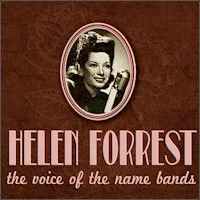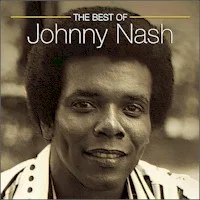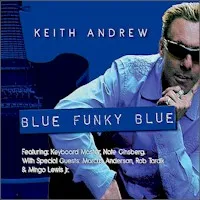Time: 41:35
Size: 95.2 MB
Styles: Pop-rock, Adult Alternative
Year: 2012
Art: Front
[4:08] 1. P.F. Sloan
[3:18] 2. Travelin' Boy
[3:29] 3. Sara Smile
[3:25] 4. Be Nice To Me
[2:46] 5. The Same Old Tears On A New Background
[3:44] 6. Soulsville
[3:32] 7. Welcome Back
[4:02] 8. Flyin' Shoes
[2:37] 9. Just For A Moment
[2:24] 10. It Could Be The First Day
[4:07] 11. Brave Awakening
[3:58] 12. A Man Needs A Maid
Rumer's sophomore effort, 2012's Boys Don't Cry, is a retro soft rock covers album that finds the vocalist tackling tracks by various male artists of the 1970s. As with her acclaimed 2010 debut, Seasons of My Soul, Boys Don't Cry showcases Rumer's gentle and sweetly soulful vocal style that is clearly perfectly suited to this material. In fact, for anyone already familiar with her, it almost goes without saying that Rumer sounds a lot like soft pop icon Karen Carpenter. However, rather than coming off as a copycat, Rumer always sounds like the real thing and seems like she has genuine respect and love for Carpenter and the rest of the soft singer/songwriter titans. She nailed Bread's "Goodbye Girl" on Seasons for gosh sakes, and Boys Don't Cry takes its cue from that cover and not the original material written in a retro style that made up most of Seasons. Here we get Rumer's take on such laid-back cuts as Jimmy Webb's "P.F. Sloan," Todd Rundgren's "Be Nice to Me," and Hall & Oates' "Sara Smile," among others. Adding to the '70s soft rock vibe is the lush orchestral production from Steve Brown, who was also responsible for the sound of Seasons. These are organic and rich-sounding tracks that frame Rumer's voice in sparkling piano, cinematic bits of strings, rounded horn parts, the twang of the occasional pedal steel guitar, and even a poignant harmonica line, as on Townes Van Zandt's "Flyin' Shoes." Kudos to Rumer for not just covering the most well-known cuts from the best-known '70s artists, but also including such lesser-known numbers as Clifford T. Ward's "Home Thoughts from Abroad" and Terry Reid's "Brave Awakening." ~Matt Collar
Boys Don't Cry




















